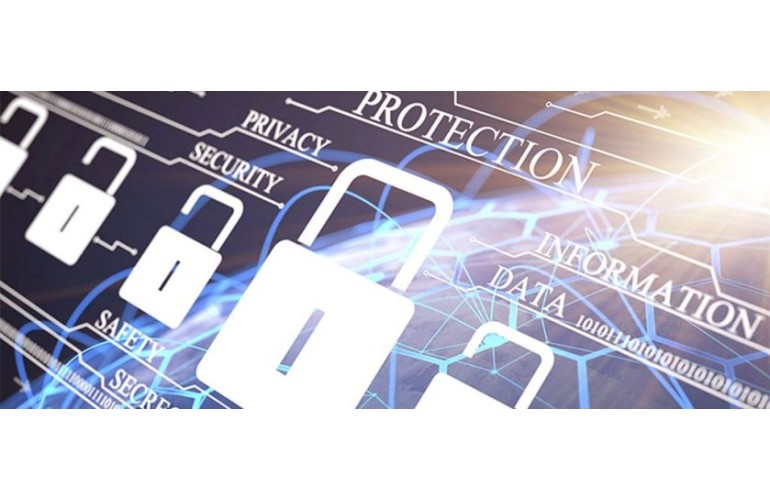 Subscribe
Subscribe- Login
-
/
Sign Up
- US Black Engineer
- >>
- Articles
- >>
- HBCU Technet
- >>
- 9 Ways to Stay Safe When Shopping Online
|
Getting your Trinity Audio player ready...
|
 Thanksgiving is over. Black or Fair Friday is too. But big shopping days continue this time of year. Whatever you’re buying on Cyber Monday or right through Cyber Week, a Howard University cybersecurity expert would like you to get safe before shopping online.
Thanksgiving is over. Black or Fair Friday is too. But big shopping days continue this time of year. Whatever you’re buying on Cyber Monday or right through Cyber Week, a Howard University cybersecurity expert would like you to get safe before shopping online.
“While shopping online is a convenient way to avoid holiday crowds, it’s important consumers protect their wallets on the internet just as much as they would while shopping in a brick and mortar store,” says Moses Garuba, cybersecurity expert and associate dean of Howard University College of Engineering and Architecture.
Below, Garuba highlights nine tips for online shoppers.
Limit disclosure of personally identifiable information. For example, enter only basic information required during account creation, which refers to information you must provide in order to submit the form, etc. Required fields are usually accompanied by red asterisks.
Increase the default security settings of your internet browser. Review your web browser privacy and security settings to ensure that your settings are adequate. If available, use multifactor authentication. Always ensure that alerts and notifications are turned on.
Choose strong passwords that are unique to each account. Ensure your passwords are not used across various accounts. Change your passwords periodically, about once every three months.
Check for https in website URLs. This will ensure higher security of the website, as the information being passed through is encrypted and not easily read by hackers, making it harder for your information to be stolen.
Limit your activity over public WiFi. For example, do not use public WiFi without a virtual private network.
Pause and think before you click. Verify the legitimacy of a hyperlink before you click on it. If you are unsure of the sender, don’t click!
If a website looks suspicious to you, then it is suspicious! Don’t make exceptions when it comes to the safety and security of your identity and money!
Use credit cards or other secure third-party payment services such as PayPal. Debit cards are risky as they provide a direct link to your money.
Always use common sense. If something feels uncomfortable, don’t do it!
Garuba says the tips above should not only be used on Cyber Monday but regularly, to ensure a safe zone against cyber threats.
Currently, a co-investigator of a million dollar project focusing on advancing the field of cybersecurity, Garuba and Danda B. Rawat, an associate professor of electrical engineering and computer science and director of the graduate certificate in cybersecurity program, are collaborating to design, develop and evaluate cyber-defense solutions. The project is being funded by the National Science Foundation.


